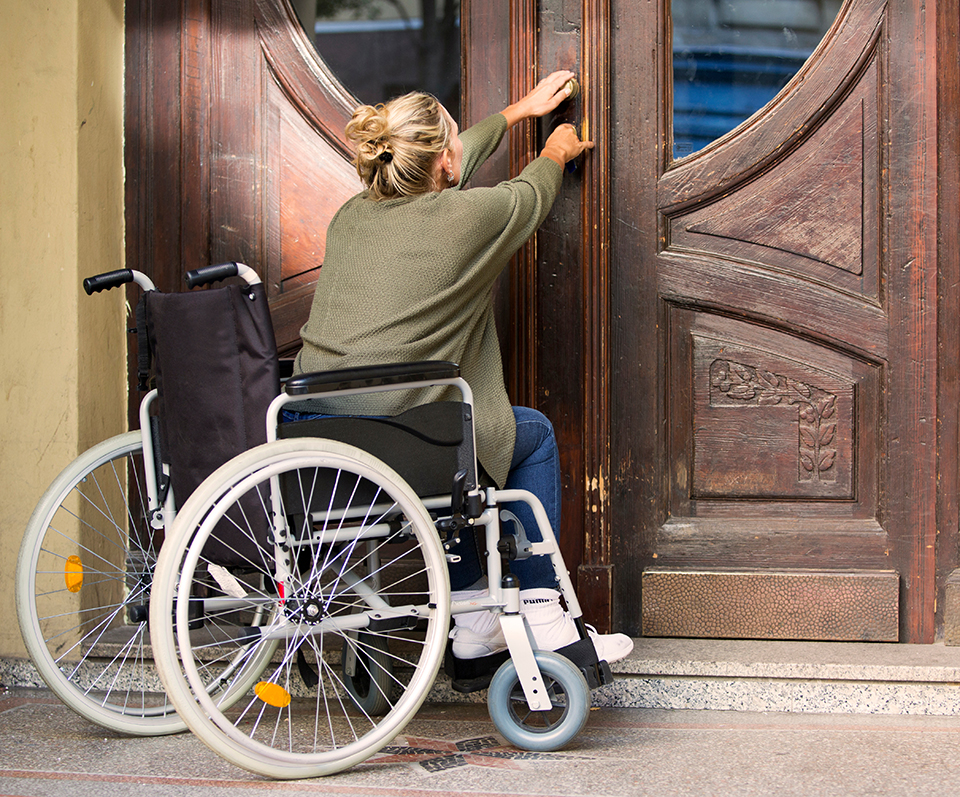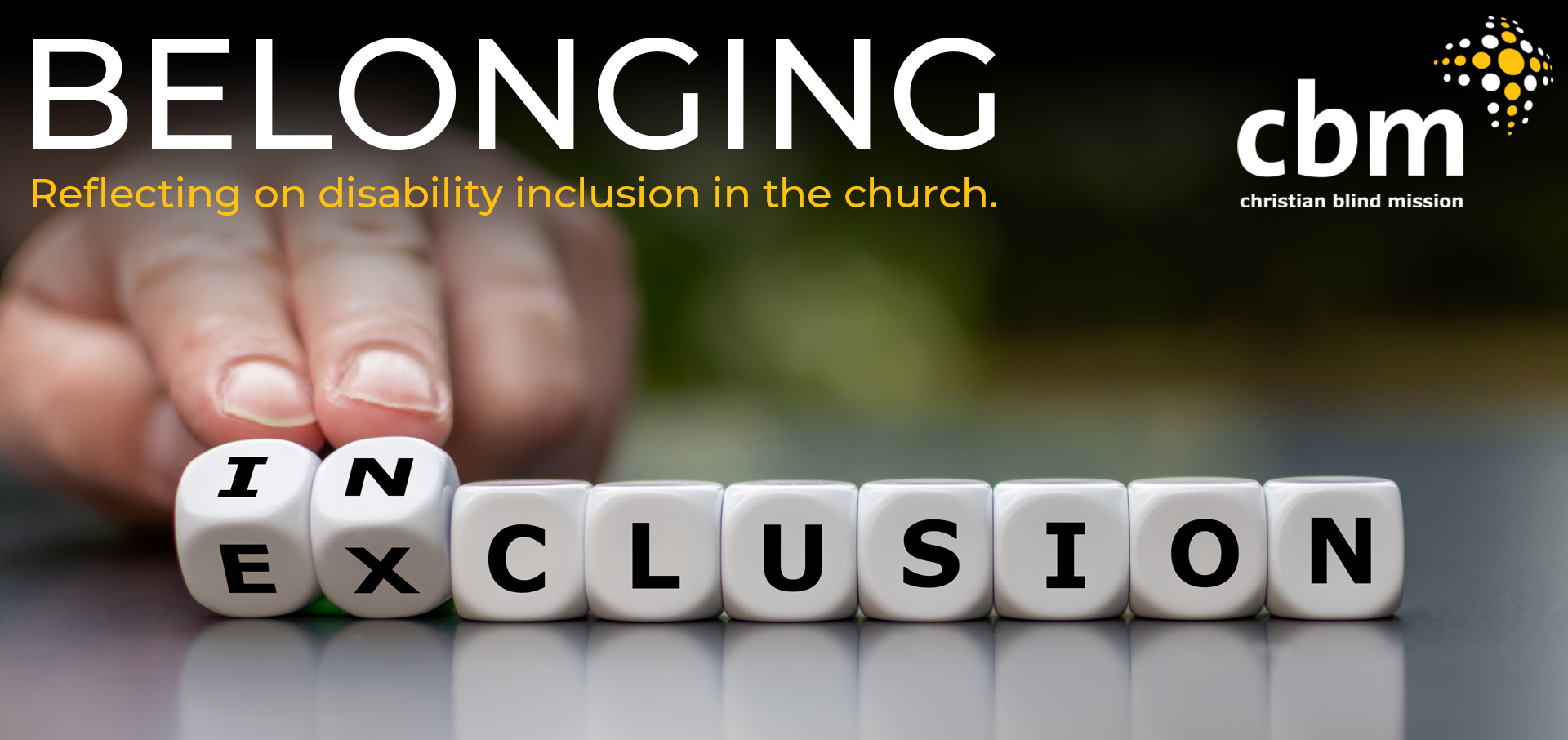Kia Ora,
Welcome to cbm’s Bible study reflecting on disability inclusion in the church.
I’m Murray Sheard. I will be guiding you through each part as we reflect together on the experience of disability, understanding barriers we unconsciously hold, helping our churches to be more accessible to people with disabilities, and giving you the opportunity to connect with the ministry of cbm.
Globally at least 15% of people have a disability. [WHO: World Report on Disability]. In the world’s poorest places where cbm operates, a child having a disability may not be able to access schooling at all. Women with disabilities are more likely to be abused. People with disabilities may be barred from working for a living due to a lack of accessible work options. It can also mean being an outcast. It can even be a death sentence.
But in New Zealand too, there are many barriers faced by people with disabilities when they try to access things that most people take for granted. In our churches, people with disabilities may experience a lack of inclusion, due to unintentional barriers to participation.
What can we do so that people with disabilities and their families feel more included?
It can feel hard for people without an experience of disability to fully engage and understand what it is truly like to live with a disability. Wanting to be positive but without being shallow. Wanting to care but without pity. Wanting to engage but without defining people by their disability. Lack of awareness and lack of familiarity make us unsure about what to say or how to act. Sometimes it can seem easier to turn away.
But Jesus has a heart for all humanity, and throughout the Bible, He calls us to a different response. We are called into a community which God describes as a body. “There is one body but many parts.” – 1 Corinthians 12:12. Each of these parts are different, all are necessary. We are more blessed as we include one another, serve one another and receive back from one another.
Personally, I have worked in international development for 15 years before I joined cbm. In that time (to my shame), I rarely considered the separate needs and desires of people with disabilities. I’m pretty sure I’m not alone in not being aware and not taking the time, attention, and aroha to look.
When we take time to address barriers to inclusion, people with disabilities can be encouraged to participate fully in church life. This ensures we are able to truthfully say “All are welcome”. Church communities committed to welcoming, and including people with disabilities, find their presence invaluable.
In these studies we will focus on our own practices right here in New Zealand, and how we can reach out across the world to support people with disabilities in the world’s poorest places.

As we journey together through this Bible Study, let’s issue the call to make two commitments:
- Helping to break down unintentional barriers at your church, and including people with disabilities in all aspects of church life.
- Through reflecting on the four cbm stories shared in this study, help support children with disabilities living in the world’s poorest places. These children are often the most likely to be neglected and left behind, but we can help change that.
May this also be a time of reflection on how we can extend hope to our family, friends and neighbours – both near and far, and how we can be more inclusive of the needs of all others.
I hope you will find these studies a first step in helping to transform your church, your community and yourself, to better include and embrace.
Yours in Christ,

Murray Sheard
CEO, cbm New Zealand
About cbm (Christian Blind Mission)
Dr Murray Sheard is CEO of cbm New Zealand. He received his PhD in Ethics and Philosophy from the University of Auckland. He has worked in international development for over 15 years.
cbm New Zealand works alongside people with disabilities in the world’s poorest places to transform lives and build inclusive communities where everyone can enjoy their human rights and achieve their full potential.
Drawing on more than 110 years of experience, cbm aspires to follow the teachings and example of Jesus and His command ‘to love God with all our being and to love our neighbour as yourself’. Jesus modelled and promoted inclusion and sought justice and dignity for those marginalised and excluded by society. Therefore, cbm seeks to change attitudes, practices and policies that lead to marginalisation, exclusion and poverty because of disability.
cbm is a member of CBM Global and works in partnership with local organisations to help end the cycle of poverty and disability. cbm brings about change and transformation one person at a time. It also challenges systemic exclusion and discrimination faced by people with disabilities, and gives advice to other overseas development agencies to increase their inclusion of people with disabilities.
